Last week, U.S. experts from SeaWorld and the Maryland Zoo traveled to South Africa to help study endangered African penguins with the goal of tagging and tracking 10% of the wild population and 100% of all rescued, rehabilitated and released penguins. This work is part of one of eight projects included in the SAFE: Saving Animals From Extinction African Penguin Conservation Action Plan and supports the critical conservation needs identified in a well-established African Penguin Biodiversity Management Plan. SAFE, developed by the Association of Zoos and Aquariums (AZA) introduces a new collaborative conservation approach that combines the power of more than 183 million annual AZA-accredited zoo and aquarium visitors with the resources and collective expertise of AZA members, and partners, to save animals from extinction.
The timing is critical because May through July is prime penguin nesting season. Tagged penguins will provide important data to determine the most effective ways to manage breeding colonies and implement conservation measures to benefit the declining population. In the above image, an African penguin chick is gently restrained by a researcher in preparation for beak and head measurements.
The Problem
African penguins defy the typical vision of penguins surrounded by snow and ice. As their name implies, they are acclimated to the warmer climates off the coast and islands of southern Africa. But living in less harsh weather conditions doesn’t mean life is easy for this declining species. In 1956, the population of African penguin was estimated at 141,000 pairs. By 2009, the number of pairs had decreased by 60% to 25,262 with only 28 colonies remaining. Scientists project an additional decrease of 17-51% over the next 20 years.
Human disturbance and egg-collecting have contributed significantly to the species’ decline. Guano collection (guano is a highly effective fertilizer) have deprived penguins of their natural nest-burrowing sites, causing them to nest on open ground where they are vulnerable to heat stress, flooding, and predation. Mortality from oil spills is significant.
Scientists agree that the best way to approach a study of this difficult topic is to insert passive integrated transponders (a.k.a., PIT tags) under the skin of birds in different breeding colonies and track their movements using hand-held tag readers and passive readers hidden on the ground. These small tags are the same ones used for domestic dogs and cats, and allows scientists to gain a better understanding of African penguin longevity, reintroduction survival rates, nest and natal site fidelity, mate fidelity, inter-colony movement patterns, and many other important metrics. This critically important data is much-needed to inform effective management decisions in penguin breeding colonies.
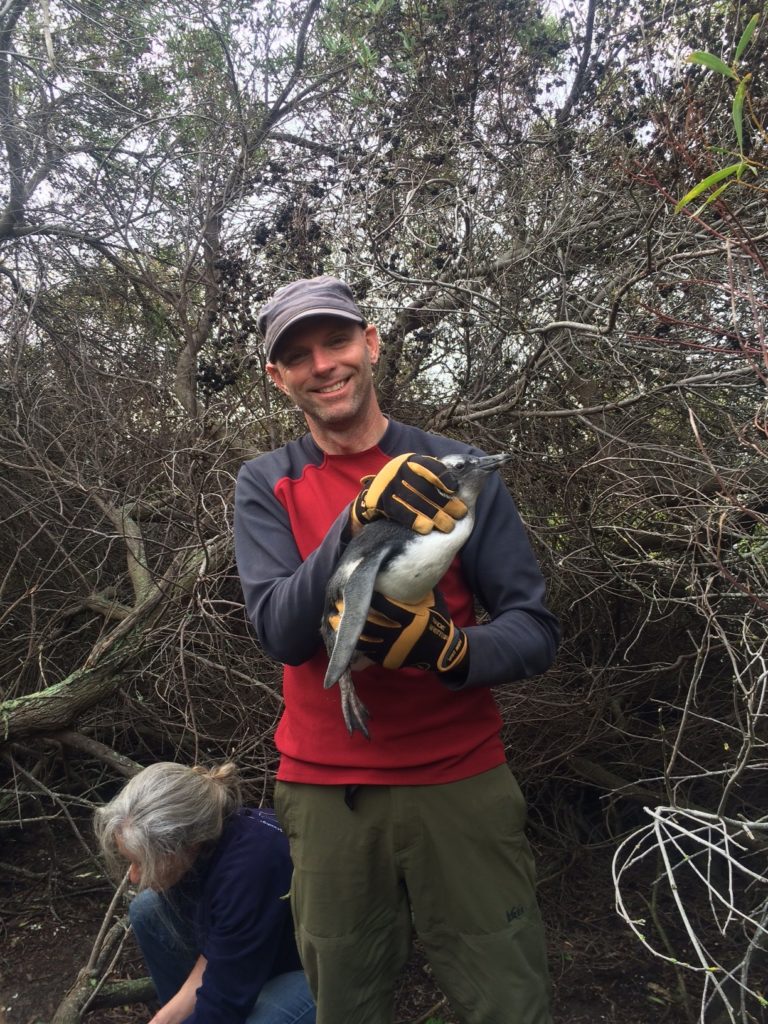
What’s being done to help?
The South African government agencies, including the Department of Environmental Affairs and CapeNature, continue to work with various African penguin rehabilitation facilities such as the South African Foundation for the Conservation of Coastal Birds(SANCCOB) and the African Penguin & Seabird Sanctuary, as well as with AZA-accredited zoos and aquariums to reverse the decline of the African penguin population through a variety of efforts, including the rescue, rehabilitation and release of ill, injured, abandoned and oiled birds. Penguin experts from SeaWorld and the Maryland Zoo are now working alongside these partners to tag birds on the key breeding grounds of Robben Island, Dyer Island and Stony Point, South Africa. In addition to tagging, researchers are assisting with artificial nest management and beach clean-ups. Penguins spend a lot of their time in the water foraging for sardines, anchovies and other prey and marine debris can be mistaken for food, pollute the waters and snare seabirds in nets, hooks and fishing line.
The SeaWorld & Busch Gardens Conservation Fund (SWBGCF) has long supported the work of SANCCOB, both financially and on the ground in their conservation work. In addition, the Newport (Kentucky) Aquarium is coordinating the SAFE African Penguin Tagging Program.
There are 50 AZA member zoos and aquariums that house African penguins, providing critical first-hand experience with the species that can be translated to field work. With their experience and help, the AZA SAFE African penguin project will send more teams of penguin experts into the field in 2017. The current team in South Africa will return home on August 4th.

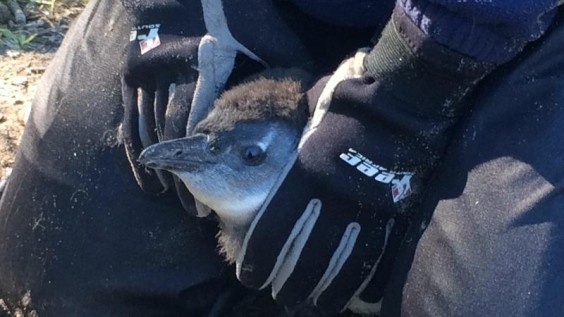
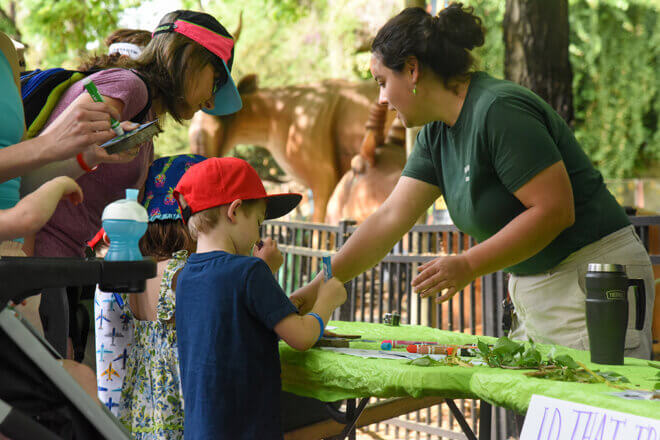
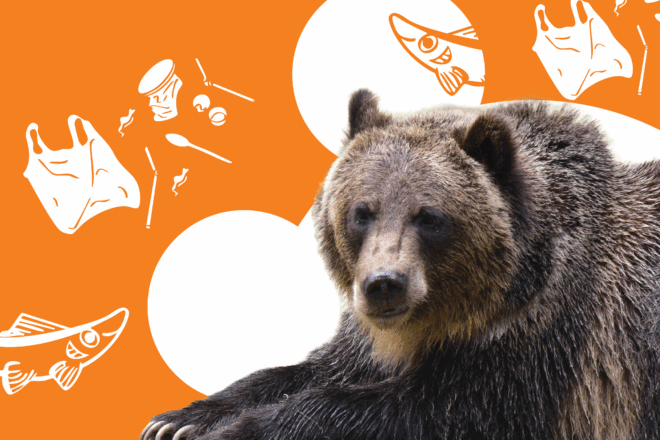
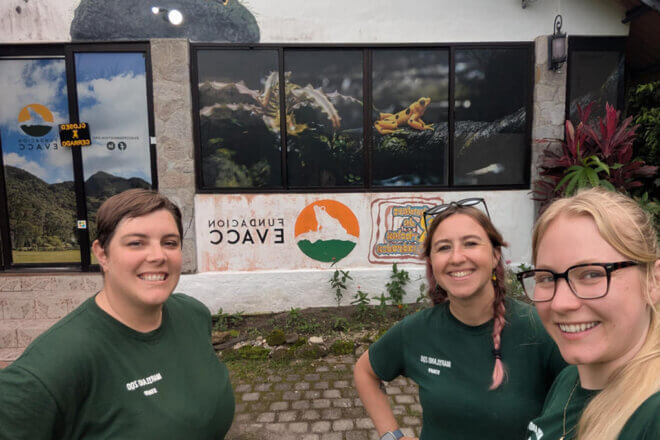
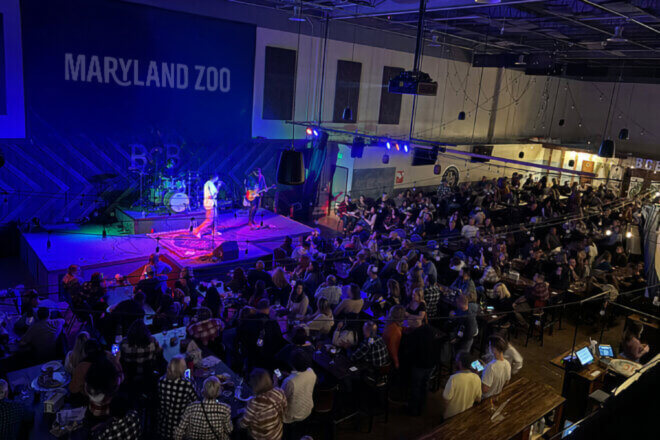
Share this article